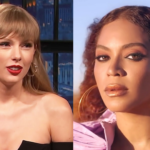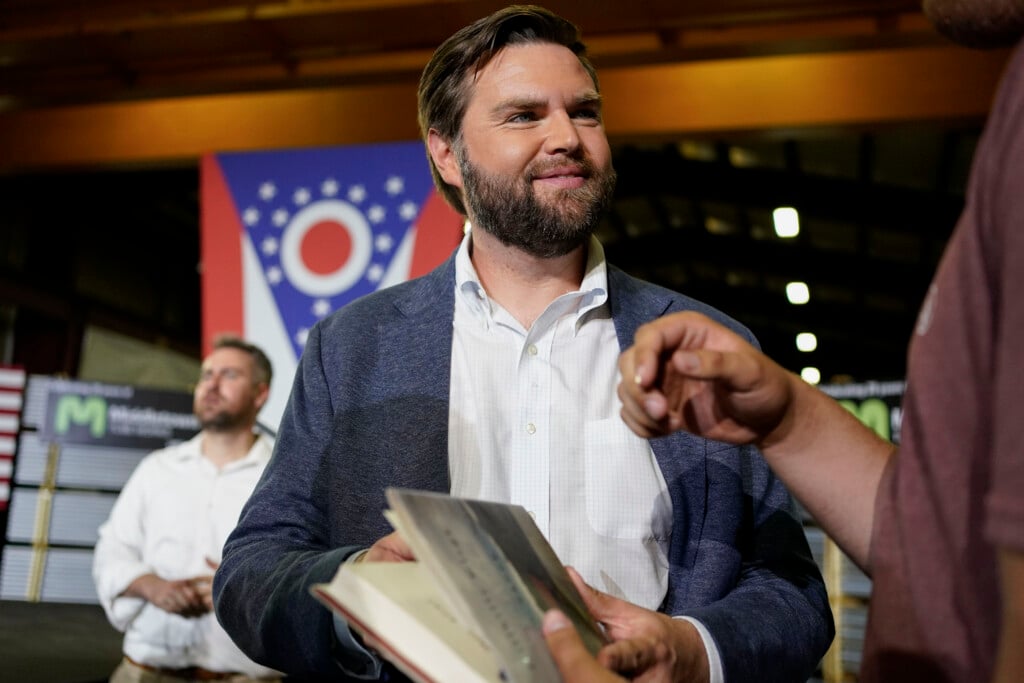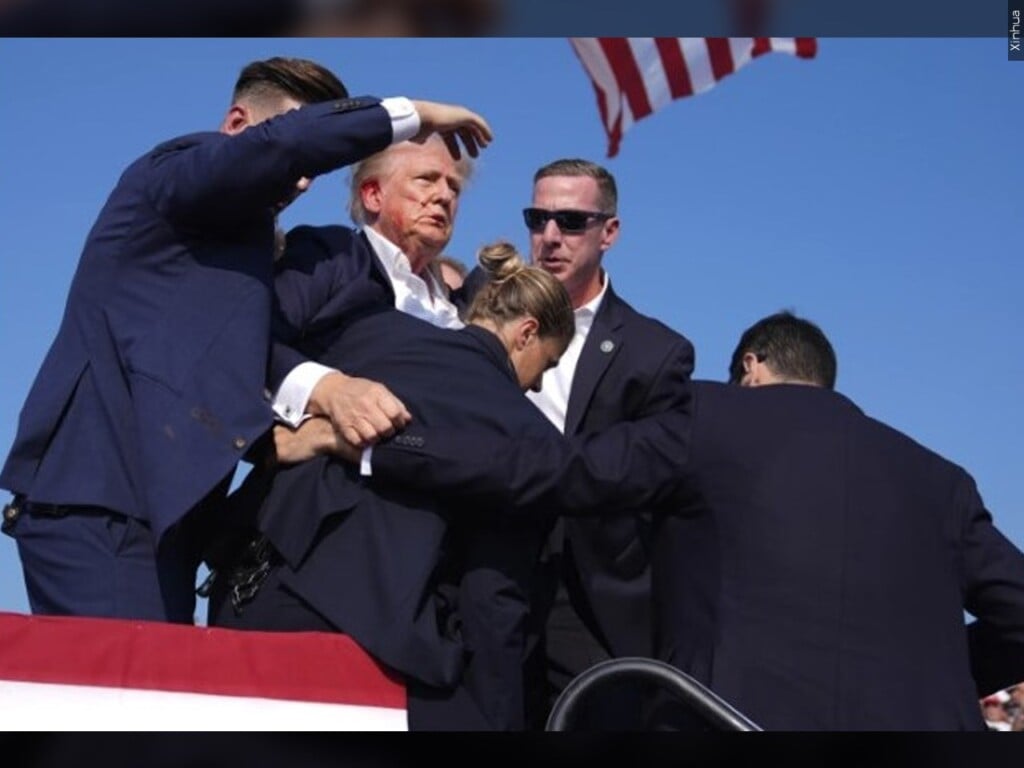Largest US newspaper chain is hiring Taylor Swift and Beyoncé reporters, drawing interest and ire

LOS ANGELES (AP) — This week the United States’ biggest newspaper chain posted to its site two unusual job listings: a Taylor Swift reporter and a Beyoncé reporter.
Gannett, which owns more than 200 daily papers, will employ these new hires through USA Today and The Tennessean, the company’s Nashville-based newspaper. The chain is looking for “modern storytellers” adept in print, audio, and visual journalism, said Michael Anastasi, The Tennessean’s editor and Gannett’s vice president for local news.
“Seeing both the facts and the fury, the Taylor Swift reporter will identify why the pop star’s influence only expands, what her fanbase stands for in pop culture, and the effect she has across the music and business worlds,” the company said in its job description.
Similarly, the company wants a journalist who can capture Beyoncé’s effect on society and the industries in which she operates.
Anastasi said the Tennessean already has a three-person music team and “I put our sophisticated coverage up against anybody.” Gannett is always looking for opportunities to make itself essential for paying customers, he said.
Critics of the new roles cited layoffs at Gannett, where the workforce has shrunk 47% in the last three years because of layoffs and attrition, according to the NewsGuild. At some newspapers, the union said the headcount has fallen by as much as 90%. Last year alone, Gannett cut about 6% of its roughly 3,440-person U.S. media division.
Some journalists said that while hiring these massively popular artist-specific roles reflects their influence in pop culture, they do fail to invest in local journalism at a company known for its local dailies.
“At a time when so much serious news and local reporting is being cut, it’s a decision to raise some questions about,” Rick Edmonds, an expert at the journalism think tank Poynter Institute, said of the new positions.
Said Anastasi: “We’re not hiring a Taylor Swift reporter at the expense of other reporters.”
Some journalists criticized the job listings for presenting superfan behavior as a full-time journalism job. Music writer Jeremy Gordon said on social media that it “doesn’t feel great to see ‘full-time stan’ go out as an actual journalism job.” (“Stan” is slang for superfan. )
If the hire acts more like a fan than a journalist, the decision could backfire on Gannett. But if the job is done well, and the reporters can penetrate tightly controlled operations to glean insights, they can establish themselves as national authorities on important cultural figures.
Representatives for Swift and Beyoncé did not immediately respond to requests for comment.
Omise’eke Tinsley, academic and author of “Beyoncé in Formation: Remixing Black Feminism,” says this type of role makes space for more positive stories about Black women.
But also, she adds, the existence of both jobs directly reflects Beyoncé and Swift’s economic power. “If there wasn’t that component to it, there wouldn’t be a Beyoncé reporter,” Tinsley said.
It is not uncommon for journalists to develop a beat on a specific figure, particularly in politics — as evidenced by Amy Chozick, whom the New York Times hired in 2013 to cover Hillary Clinton exclusively. But most entertainment journalists are responsible for reporting on a wide range of talent — even if they are subject matter experts on a specific artist.
That was the case for Los Angeles Times reporter Suzy Exposito, who called herself an “unofficial” beat reporter on popular reggaetonero Bad Bunny because she spent a disproportionate amount of time in a previous job covering him compared to other priorities.
“His near-weekly output became really overwhelming, and it took away focus from a lot of other artists who were also making compelling work,” Exposito said. “He’s so prolific that I think I literally ran out of new words to describe him at some point. He could use his own reporter, too.”
She said a major challenge for entertainment journalists is the sheer volume of releases from pop artists. “The business of music is a numbers game,” Exposito said. “Hit records become deluxe editions become sold-out world tours, and it can be dizzying for a general music journalist to keep up.”
So, are artist-specific jobs the future of music journalism?
“It is a bit odd, but Taylor Swift Inc., I guess you would call it, is a big economic driver right now,” said Eric Grode, director of the Goldring Arts Journalism and Communications program at Syracuse University. “Taylor Swift is doing a lot of newsworthy things beyond just selling concert tickets.”
If a reporter takes the job seriously and provides more than breathless concert coverage, their established expertise could be valuable for a news organization, Grode said. Still, there are very few musicians who have such a wide cultural reach.
The likelihood of fans clicking on stories about Swift or Beyoncé makes it an obvious motivating factor in designing the new jobs, Exposito said.
“Digital media is now competing with fan accounts on social media — not when it comes to accuracy, but when it comes to being the first source to report on pop stars’ developments,” she said.
Top artists prioritize the attention and work of expert reporters, leading to what critic Soraya Roberts has called a ” culture of sameness ” — yet another barrier to local arts coverage.
Tinsley believes that posts on social media criticizing the focus of these new roles may reflect a culture of sexism.
“Adding to the pantheon of what figures and representatives matter has the potential to do something important,” she said. “I believe some of the dismissals (of these roles) have to do with what we value and don’t value as a society — and I think there’s an implicit misogyny in it.”
___
Bauder reported from New York.
For 24/7 news and updates, follow us on Facebook and Twitter




